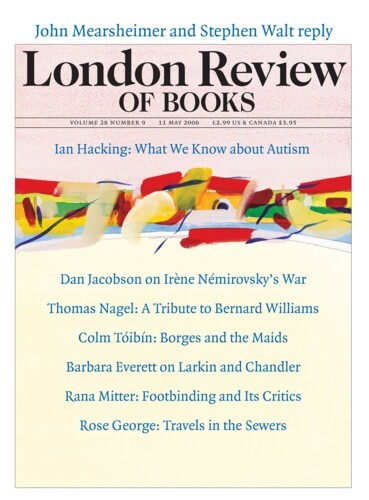Funeral Marches
I hear in me the funeral voices
call out transcendentally,
when in German style
the bands go beating by.
At a mad shiver of my vertebrae
if I sob like a lost man,
it’s that I hear the funeral voices
call out transcendentally.
As a ghostly gallop of zebras
my dream goes strangely prowling
and I am so haunted
that in me always, inside my darknesses
I hear the funeral voices groan.
Night Confession
Priest, I am haunted, it’s night in the city
my soul is a box of mortal black sins,
horrible sadness rains onto the sidewalk
and no one comes along.
All is quiet, all is asleep, vast solitude
sickens itself on a gasp of old mansions.
Priest, I am haunted, it’s night in the city,
my soul is a box of mortal black sins.
In the park in winter in a nasty wind,
comes Lucifer jeering at my broken heart,
mad heart! Look at the suicide grinding his blade,
look there’s a good calm hanging tree –
Priest, pray for me, it’s night in the city!
Emile Nelligan was born on Christmas Eve 1879 in Montreal to an Irish father (David Nelligan) and a French-Canadian mother (Emilie-Amanda Hudon). Emile was a prize-winning student in his early years at school but surprised everyone by failing his final examinations at the Collège Sainte-Marie (1897). He was 17. His father tried to ensure his future by procuring him a job on a steamship travelling to Liverpool (he quit after two months) and then as an office clerk in the city (he quit in a week). He had begun to write poems in 1896 and made some attempt to enter into the literary life of Montreal. But he was shy and the poems proved mostly unpublishable. His reason seemed to be failing. He could not sleep, wandered the streets reciting scraps of verse, transcribed his nights as poems the next day. In winter 1899 he suffered a breakdown and was diagnosed with dementia praecox. He lived from that time until his death in 1941 as a patient of Saint Benoît Hospice and then l’Hôpital Saint-Jean-de-Dieu, in a state of remote indifference. The poems are black stabs at winter and transcendence. Not just sad – he seems a sort of Vesper of himself. Maybe some people are born into the evening of their life and, although they remember a morning and an afternoon, they do not live it, they are already far on in the shadows.
Send Letters To:
The Editor
London Review of Books,
28 Little Russell Street
London, WC1A 2HN
letters@lrb.co.uk
Please include name, address, and a telephone number.

